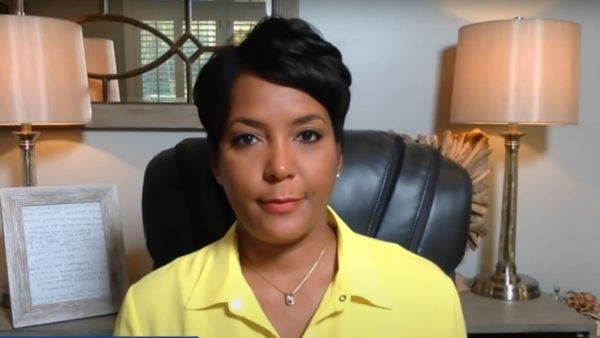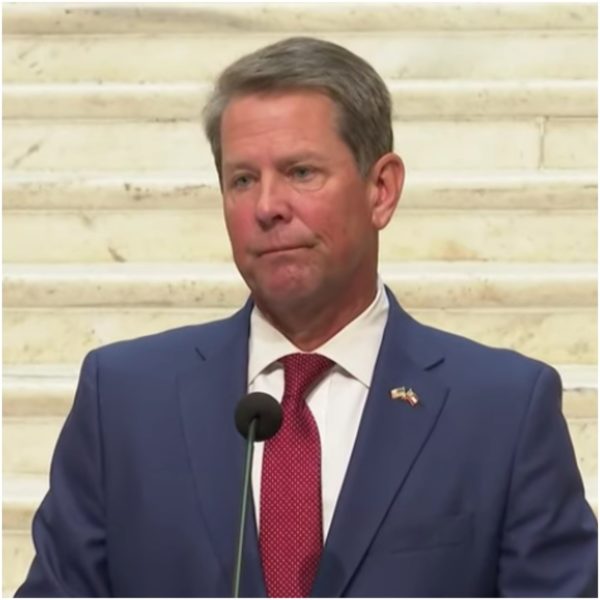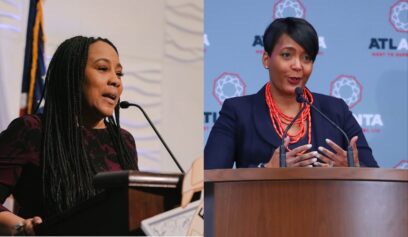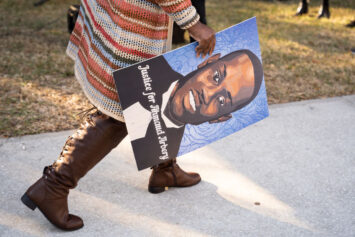Atlanta Mayor Keisha Lance Bottoms is taking steps to diminish the voter restrictions imposed by SB 202, a controversial elections bill signed into Georgia law last month.
In an administrative orders issued Tuesday, April 6, Bottoms directed the city’s chief equity officer to implement actions her office says are intended to “to mitigate the impact of new voting restrictions imposed.”
“The voting restrictions of SB 202 will disproportionately impact Atlanta residents — particularly in communities of color and other minority groups,” Bottoms said in a statement on April 6. “This Administrative Order is designed to do what those in the majority of the state legislature did not—expand access to our right to vote.”

The executive action comes as outrage continues over Georgia’s new “Jim Crow-era” elections laws, which impose restrictions on voting.
The legislation imposes voter identification restrictions for absentee ballots, including the requirement of an ID to vote absentee by mail, limits both the amount of time voters have to request an absentee ballot and where ballot drop boxes can be placed, and makes it illegal to approach voters in line within 150 feet of the polling place and provide them with food or water.
Since the bill was signed on March 24, more than 100 businesses and CEOs have condemned the laws.
Baseball commissioner Robert Manfred announced on Friday that the Major League Baseball 2021 All-Star Game would be relocated from Atlanta, a decision that could cost the city $100 million in commerce associated with the game. The game is now scheduled to take place in Denver, Colorado.
Georgia-based companies including Coca-Cola, Delta Air Lines and Home Depot have also criticized the legislation.
Delta CEO Ed Bastian wrote in a statement about the laws, “The entire rationale for this bill was based on a lie: that there was widespread voter fraud in Georgia in the 2020 elections. This is simply not true. … Unfortunately, that excuse is being used in states across the nation that are attempting to pass similar legislation to restrict voting rights.”
Republican Gov. Brian Kemp claims the legislation will make elections in Georgia safer and more fair. While speaking at the Georgia State Capitol on April 3, he called MLB’s decision to relocate the All-Star Game out of the city a “knee-jerk reaction.”

Mayor Bottoms’ administrative order, a response to the controversial new measures, seeks to “expand opportunity and access to the ballot box.”
Specifically, the city’s chief equity office will develop a plan to provide training to staff members of ATL311 and the Mayor’s Office of Constituent Services about registration, identification forms, early, absentee and in-person voting so that the information may be communicated to city residents.
ATL311 is Atlanta’s primary phone number for government information and non-emergency services.
The order outlines plans to include QR codes and links to websites that provide information about voter registration and absentee voting in water bills and other mailings.
Kemp has not publicly responded to Bottoms’ administrative order. The two engaged in a bitter faceoff last year in a legal battle over whether masks should have been mandated in Atlanta amid the spread of the coronavirus.
“As of today, 3,104 Georgians have died and I and my family are amongst the 106,000 who have tested positive for COVID-19,” Bottoms said in a July tweet after Kemp filed a lawsuit against her. “A better use of taxpayer money would be to expand testing and contact tracing. If being sued by the state is what it takes to save lives in Atlanta, then we will see them in court.”


